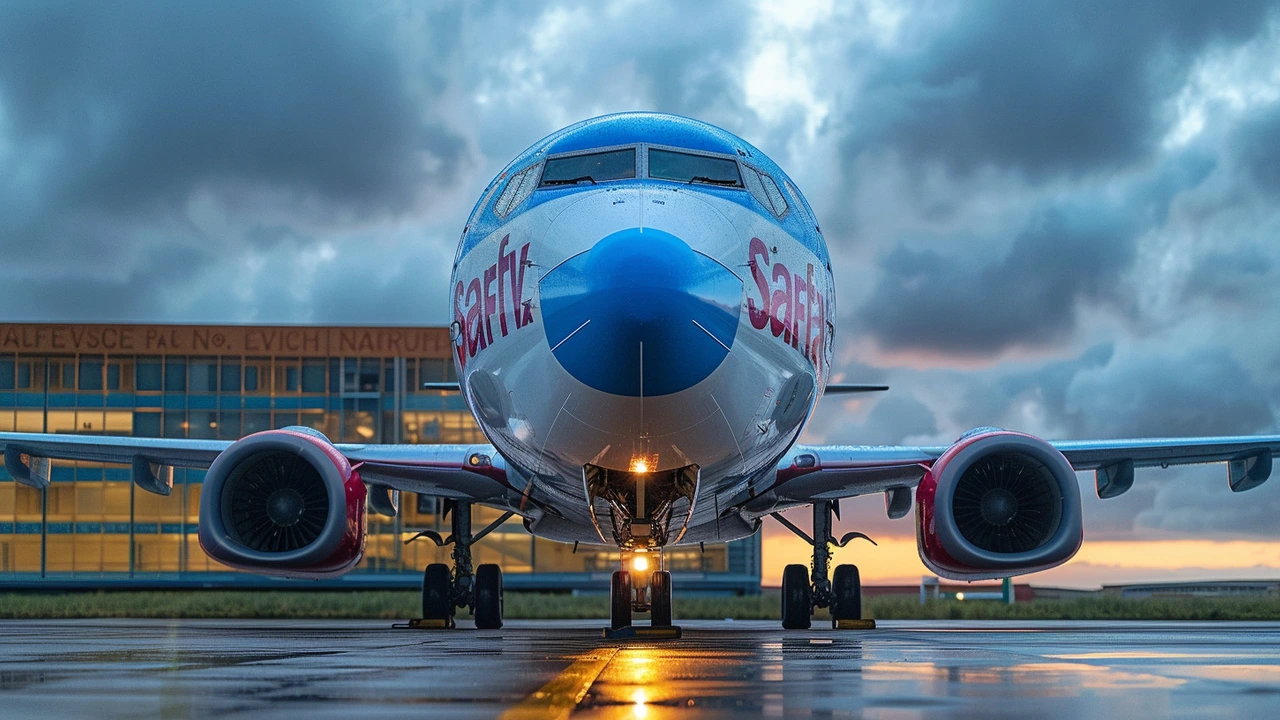If you thought aviation compliance was just about checking boxes, think again. For Africa’s game farms and safari businesses, getting aviation compliance right isn’t optional—it’s what keeps everything moving safely and smoothly. Whether it’s flying in tourists for a safari or transporting wildlife for conservation, the rules matter.
Why all the fuss about aviation compliance in the bush? Simple. Many game farms sit in remote parts of Africa, where roads are tricky or even non-existent. Private airstrips and small aircraft offer the most reliable way to get in and out. But with that comes responsibility. Aviation authorities don’t mess around—there are tight safety standards, documentation checks, and maintenance routines. Getting things wrong can mean grounding your flights or, worse, putting lives in danger.
Recently, there’s been a wave of new regulations. National Civil Aviation Authorities across Africa have been tweaking their rules, focusing more on pilot licensing, airstrip certification, and environmental impacts. For instance, Kenya’s Aviation Authority rolled out a smart-check program that uses drones to monitor airfield conditions before approving operations. In South Africa, there’s fresh emphasis on noise pollution and its effects on nearby wildlife—a hot topic for conservation-minded operators.
If you run or visit a game farm, pay close attention to who is flying you, what aircraft they’re using, and whether all paperwork is up to date. Some farms now partner with compliance consultants to run regular audits—catching any small slip-ups before they become big problems. It might mean extra paperwork, but it’s also peace of mind. Imagine arriving after a bumpy flight to find the farm’s landing strip isn’t even registered—nobody wants that hassle.
Compliance isn’t just about avoiding fines. It directly impacts eco-tourism, conservation, and the local economy. With stricter standards, only trained pilots and registered overhaul facilities stay in business. This filters out shortcuts and protects both people and wildlife. Some farms even use their high compliance levels in marketing, promising hassle-free landings and safe air transport for guests and research teams.
Looking ahead, technology is shaking things up. Expect more apps and digital ledgers to track maintenance, fuel records, and crew qualifications. For farms juggling logistics, digital tools are a godsend—allowing instant updates and fewer chances for old-fashioned paperwork mistakes. Some places in Botswana and Namibia are experimenting with solar-powered landing lights and green aviation fuels—steps designed to meet both safety rules and sustainability goals.
Bottom line: if you care about Africa’s wildlife, eco-tourism, or just a smooth trip to the bush, aviation compliance isn’t boring red tape—it’s what keeps everything ticking. Stay tuned for the latest updates, practical advice, and real-life stories in this space. Your next flight—or that big wildlife relocation—might just depend on what’s changing in the rules.

FlySafair's future hangs in the balance as it prepares for a pivotal meeting with the Air Service Licensing Council this Friday. The session is a response to allegations by Airlink and Global Airways about ownership compliance, which could lead to a potential suspension of FlySafair's operating license.
Read More >>